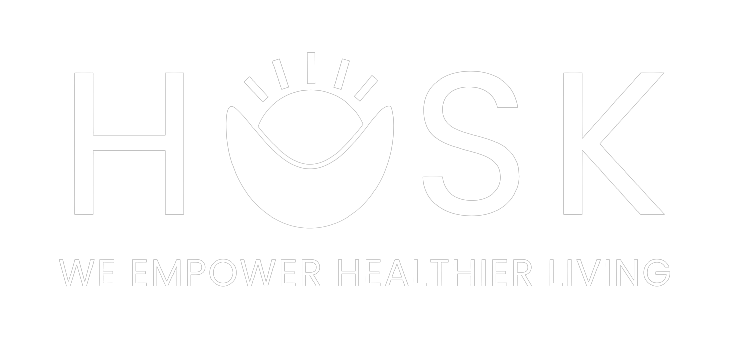
Navigating Life Changes? Don’t Forget Self-Care
Life transitions can be tough, but taking care of yourself can make all the difference. Here are some tips that are backed by research.
Stick to a healthy diet. The World Health Organization links good nutrition and the guts microbiome to better mental health. Get moving with regular exercise. Just 30 minutes of moderate exercise can boost mood and reduce anxiety.
Try mindfulness exercises or meditation. Studies show these practices can reduce stress and improve overall well-being. Take breaks when you need them. The “Pomodoro Technique” of working in 25-minute intervals with short breaks can increase productivity.
Stay connected with friends and family. Social support is crucial for mental health, especially during transitions.
Set realistic goals for yourself. The SMART goal framework (Specific, Measurable, Achievable, Relevant, Time-bound) can help you stay motivated.
Maintain a consistent sleep schedule. Good sleep hygiene can significantly impact your ability to handle stress. Remember, small acts of self-care can go a long way in boosting your resilience.
If you are seeking personal support, connect with a therapist here. If you are interested in offering mental health services to your employees connect with a member of the Husk team here.
Written by Dr. Joelle Giacomo, DSW, LCSW (Licensed in PA & NJ)
Sources.
-
World Health Organization. (2018). Mental health: strengthening our response.
-
Sharma, A., et al. (2006). Exercise for Mental Health. The Primary Care Companion to the Journal of Clinical Psychiatry, 8(2), 106.
-
Goyal, M., et al. (2014). Meditation Programs for Psychological Stress and Well-being. JAMA Internal Medicine, 174(3), 357-368.
-
Cirillo, F. (2006). The Pomodoro Technique.
-
Ozbay, F., et al. (2007). Social support and resilience to stress. Psychiatry (Edgmont), 4(5), 35-40.
-
Doran, G. T. (1981). There’s a S.M.A.R.T. way to write management’s goals and objectives. Management Review, 70(11), 35-36.
-
National Sleep Foundation. (2021). Sleep Hygiene.
